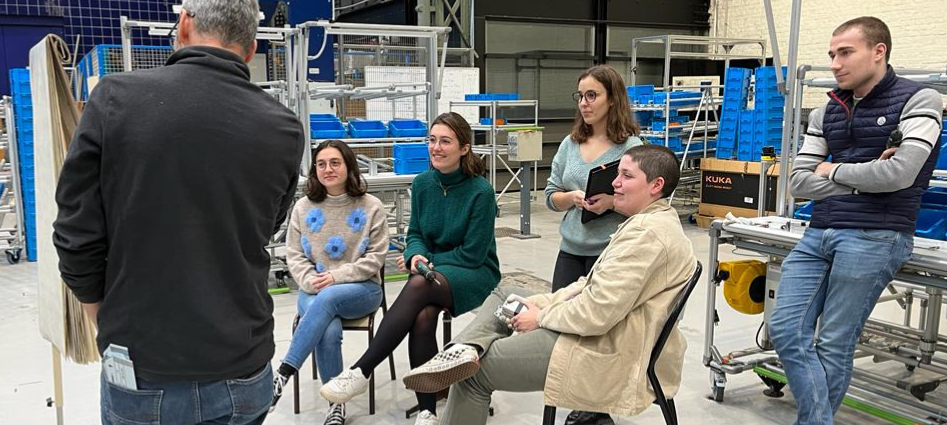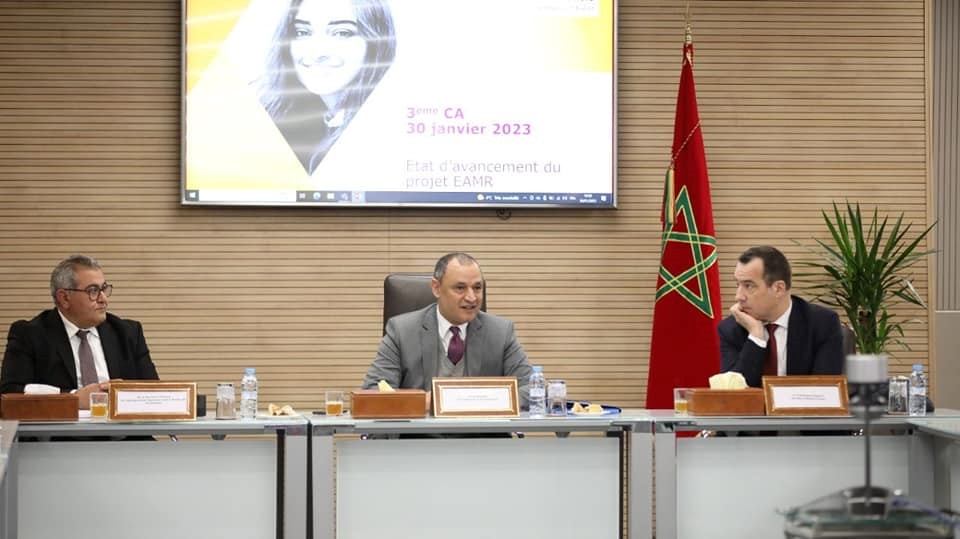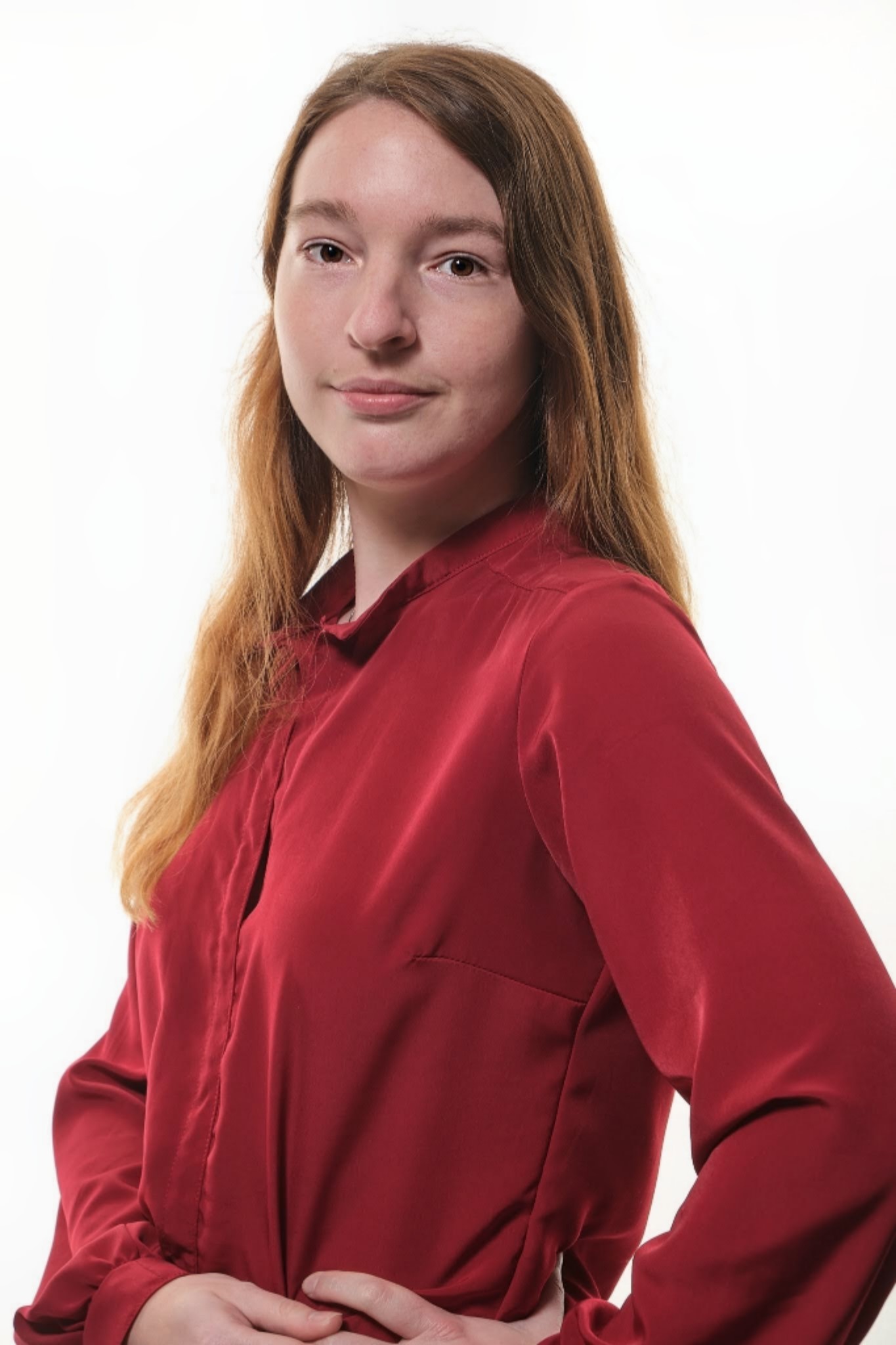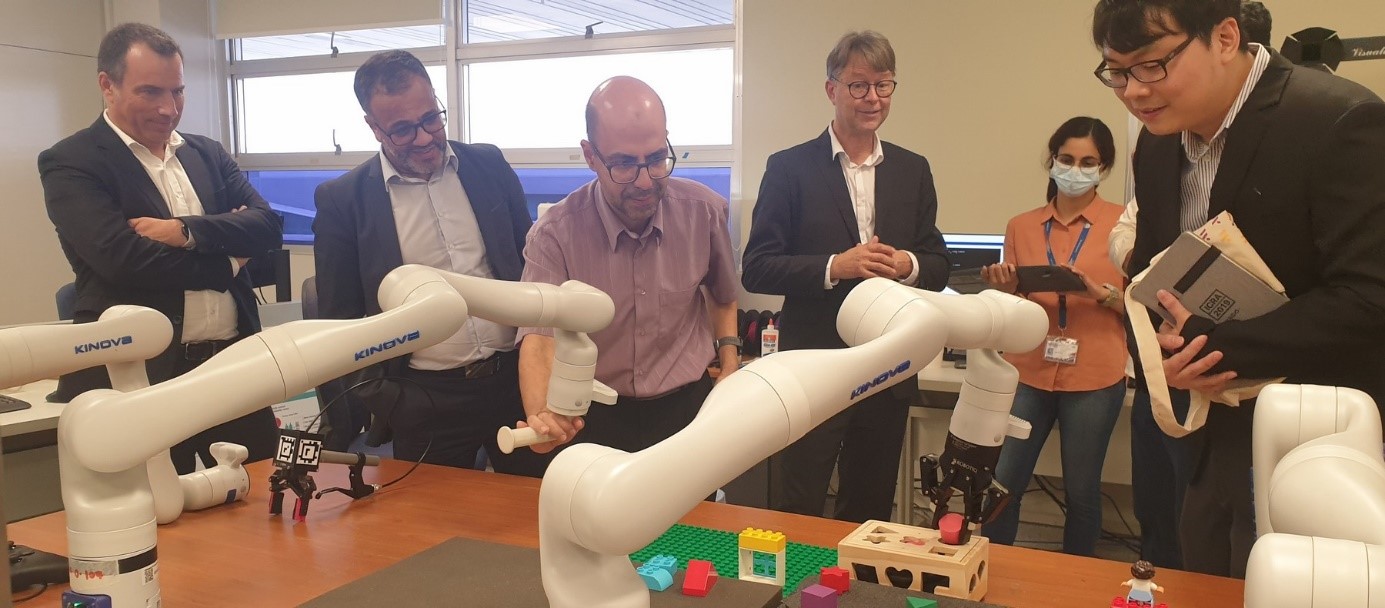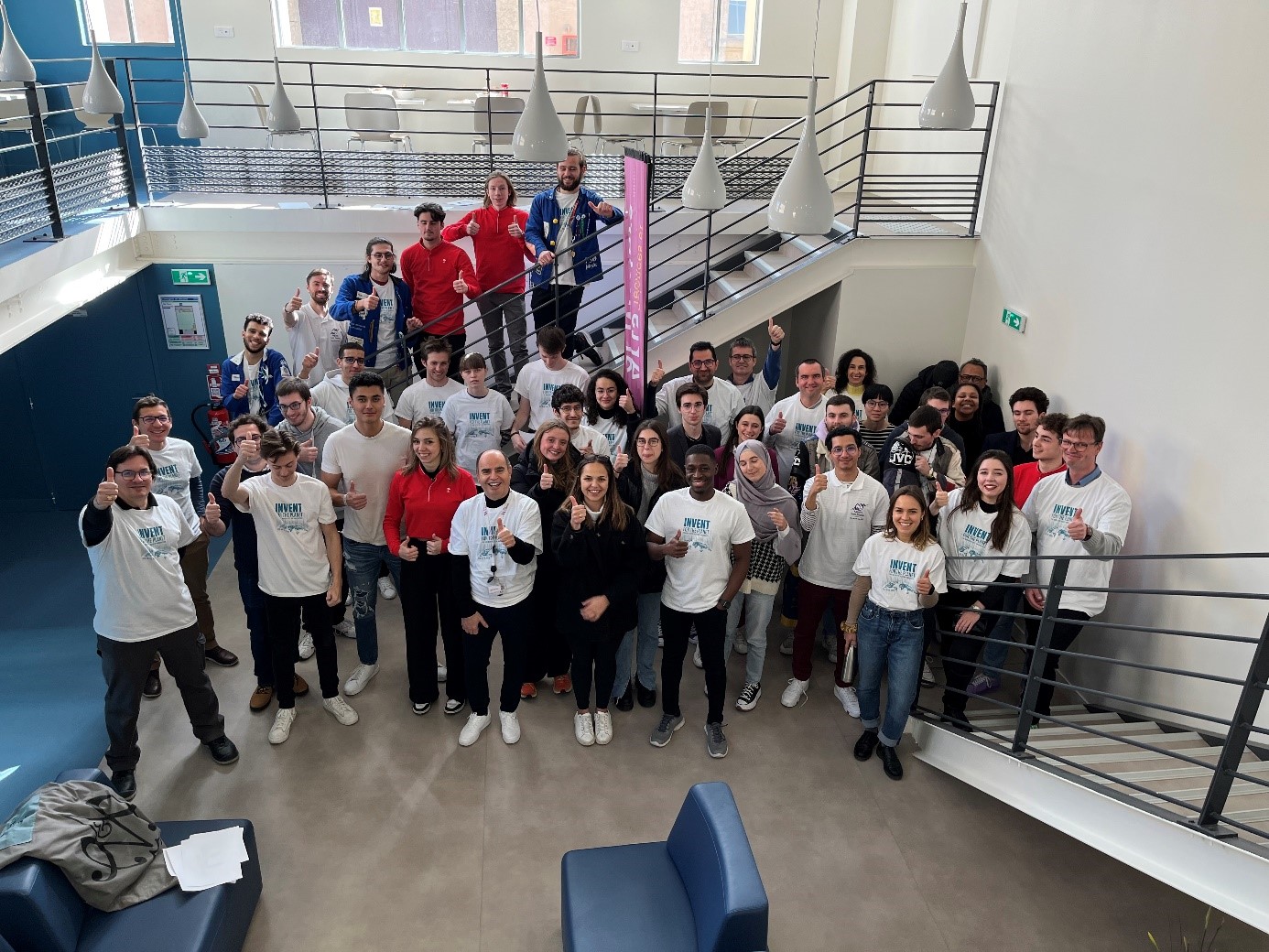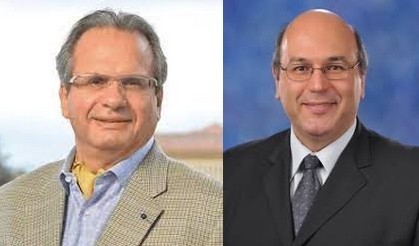JENII Project
JENII (Immersive and Interactive Digital Teaching Twins) is an innovative project dedicated to education through the integration of digital twins and immersive virtual environments. It also aims to train future engineers in digital twins, new tools they will encounter in industries.
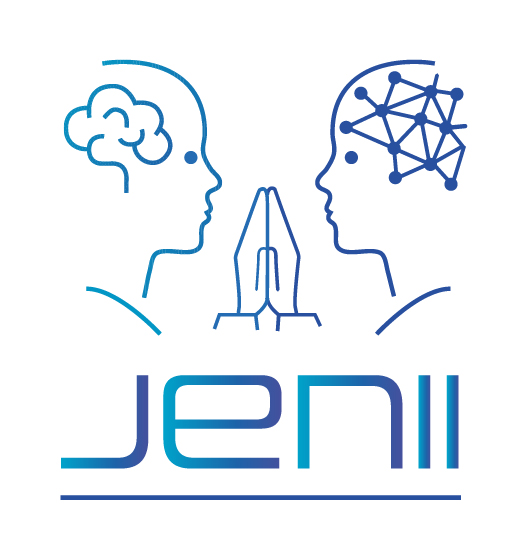 Launched in 2021, it was selected as one of the 17 winners of the "Digital Demonstrators in Higher Education" (DemoES) call for expression of interest under the PIA4. Coordinated by Arts et Métiers, this project also includes CEA (French Alternative Energies and Atomic Energy Commission), the Conservatoire National des Arts et Métiers (National Conservatory of Arts and Crafts, CNAM), and CESI.
Launched in 2021, it was selected as one of the 17 winners of the "Digital Demonstrators in Higher Education" (DemoES) call for expression of interest under the PIA4. Coordinated by Arts et Métiers, this project also includes CEA (French Alternative Energies and Atomic Energy Commission), the Conservatoire National des Arts et Métiers (National Conservatory of Arts and Crafts, CNAM), and CESI.
JENII offers a comprehensive toolkit, including a platform for the design of digital twins, a broadcasting platform, an immersive virtual campus, guides for effective pedagogical scenarios, experience feedbacks, and concrete examples of digital twins of real industrial systems. The project’s main objective is to design and conduct immersive, interactive, and personalized learning experiences, allowing students to explore, interact, and learn from virtual systems within a controlled and secure environment. JENII addresses learner needs and modern industries by offering innovative approaches: real-time simulations, advanced technology, and a multidisciplinary approach to redefine the future of education.
The goal is to create, within a virtual environment, an interaction experience as close as possible to the real world. This offers many advantages, such as the ability to experiment, test, and optimize systems without the need to physically manipulate real objects, which can be costly, risky, or complex.
Definition of the digital twin agreed upon by the AIF (French Alliance Industrie du Futur)
A digital twin is an organized set of digital models representing an entity in the real world (and, if necessary, its environment) to address specific issues and uses. The digital twin is updated in relation to the real world, with a frequency and precision adapted to its issues and uses. It is equipped with advanced operating tools, to understand, analyse, predict or optimize the operation and management of the real entity.
WHY JENII ?
The ambition of the JENII project is to explore new learning methods using digital twins and immersive virtual environments. It aims to provide learners with an interactive educational experience, based on realistic simulations of manufacturing systems, while creating a strong link between the academic and professional worlds. JENII seeks to transform how knowledge and skills are taught and acquired by creating innovative learning spaces and preparing learners for the challenges of the modern manufacturing industry.
Innovation at the heart of the project
The JENII project stands out as innovative in several ways:
- Integration of digital twins : JENII leverages digital twin technology to virtually replicate complex manufacturing systems. This immersive approach allows learners to visualize, interact, and experiment with real processes safely and without physical constraints.
- Immersive virtual environment : Creating an immersive virtual campus represents a major advancement in learning processes. Learners can explore interactive virtual environments, facilitating engagement, understanding, and knowledge acquisition.
- Personalized learning : JENII caters to individual learning needs by offering a personalized experience. Learners can progress at their own pace, enhancing their understanding and confidence.
- Manufacturing industry connection : The project establishes a direct link to industrial applications. Learners become familiar with technologies used in the professional world, preparing them for real-life situations and challenges.
- Pedagogical innovation : JENII develops specific guides and pedagogical scenarios, opening the door to new teaching methods and training environments that leverage virtual reality.
- Ongoing evaluation : JENII incorporates a continuous evaluation process that adapts pedagogical methods based on learner feedback, ensuring an ever-improving learning experience.
JENII pushes the traditional boundaries of learning by integrating cutting-edge technologies and creating an interactive, personalized educational experience aligned with the needs of the modern manufacturing industry.
CONTACT
- Sébastien Fernandez - Project Manager
- Clara Magnin - Community Manager
SOCIAL MEDIA
- X : @projet_jenii
- LinkedIn : JENII - Jumeaux d'Enseignement Numériques, Immersifs et Interactifs
- YouTube : projet_jenii

